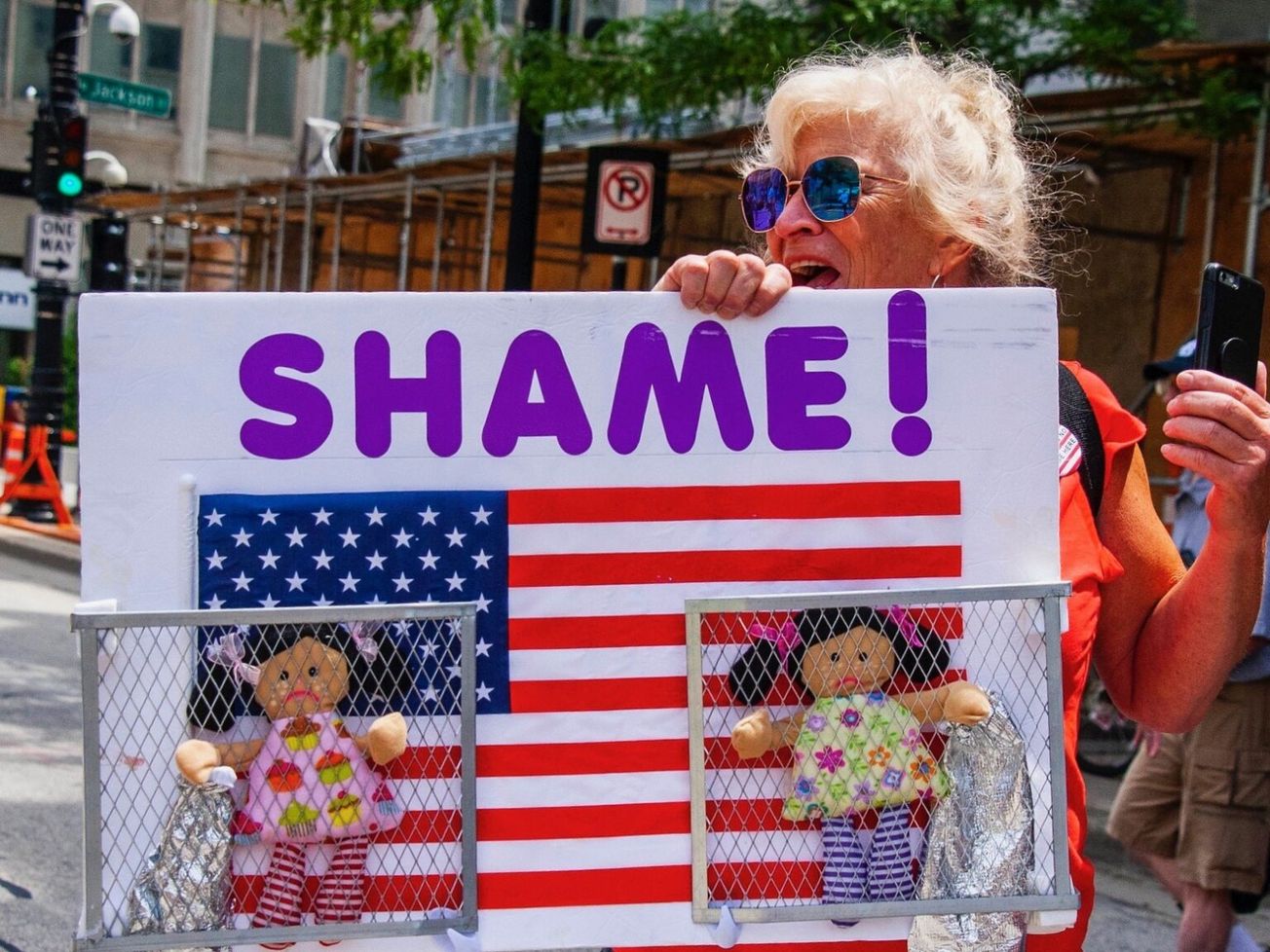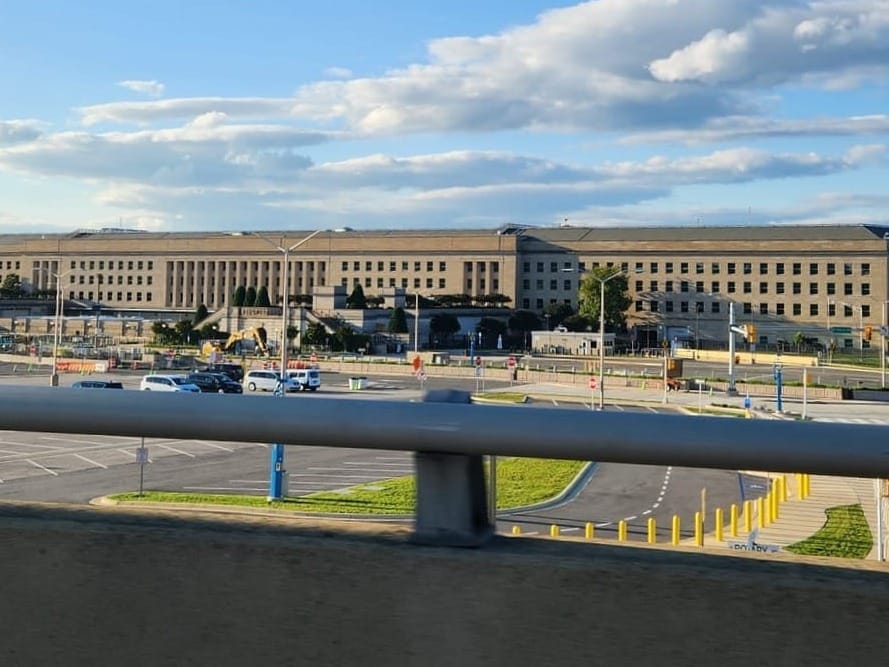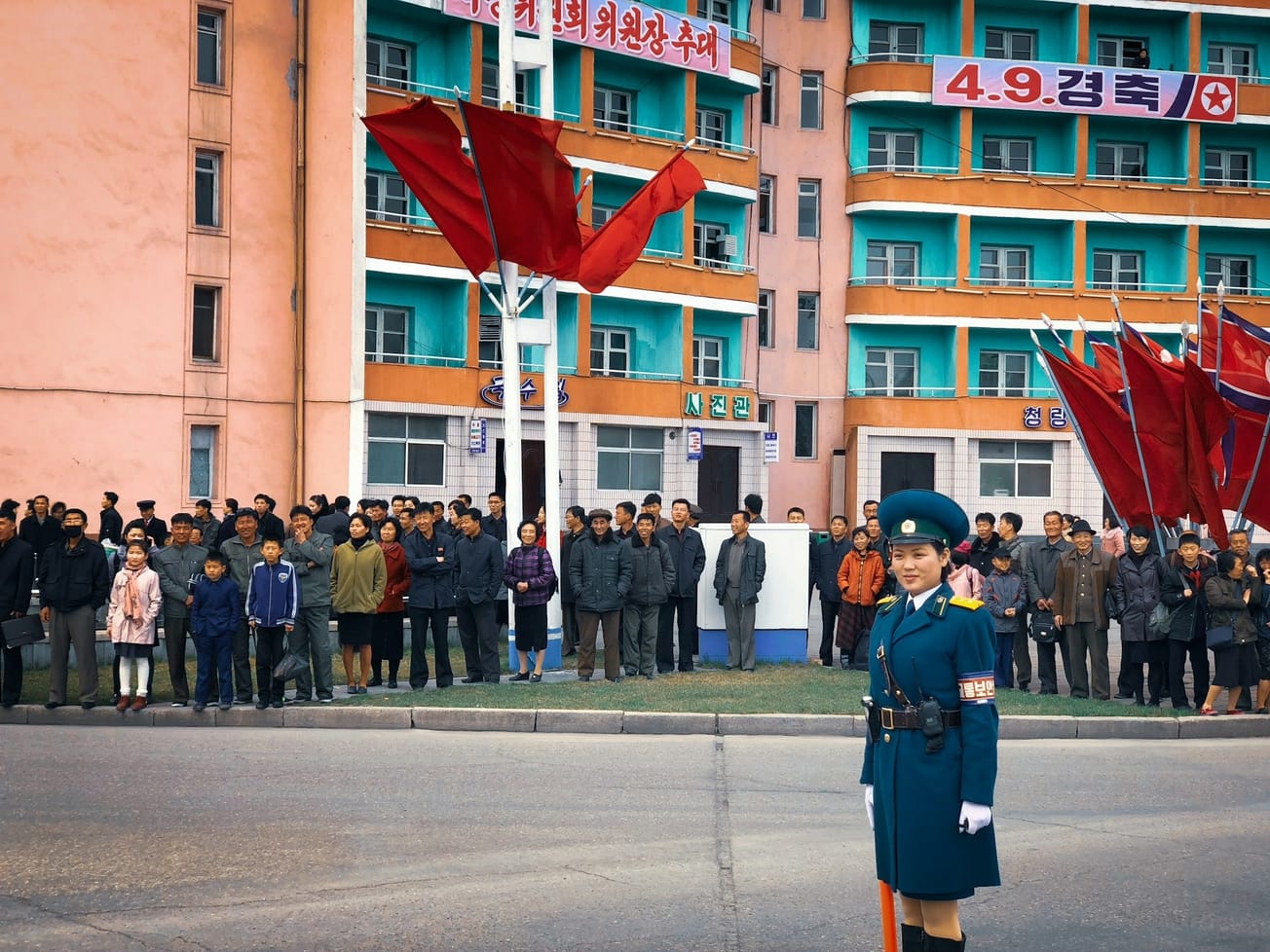GENEVA (AN) — With U.S. elections just barely decided, the United Nations Human Rights Council finished putting America's human rights record under a microscope on Friday in a peer-review process applied to all member nations every four or five years.
Diplomats from the Bahamas, Germany and Pakistan led the review of the United States, one of 14 nations to be scrutinized by the U.N. Human Rights Council this month, during the week after Joe Biden became president-elect and Kamala Harris became vice president-elect by surpassing the minimum 270 Electoral College votes needed to win.









